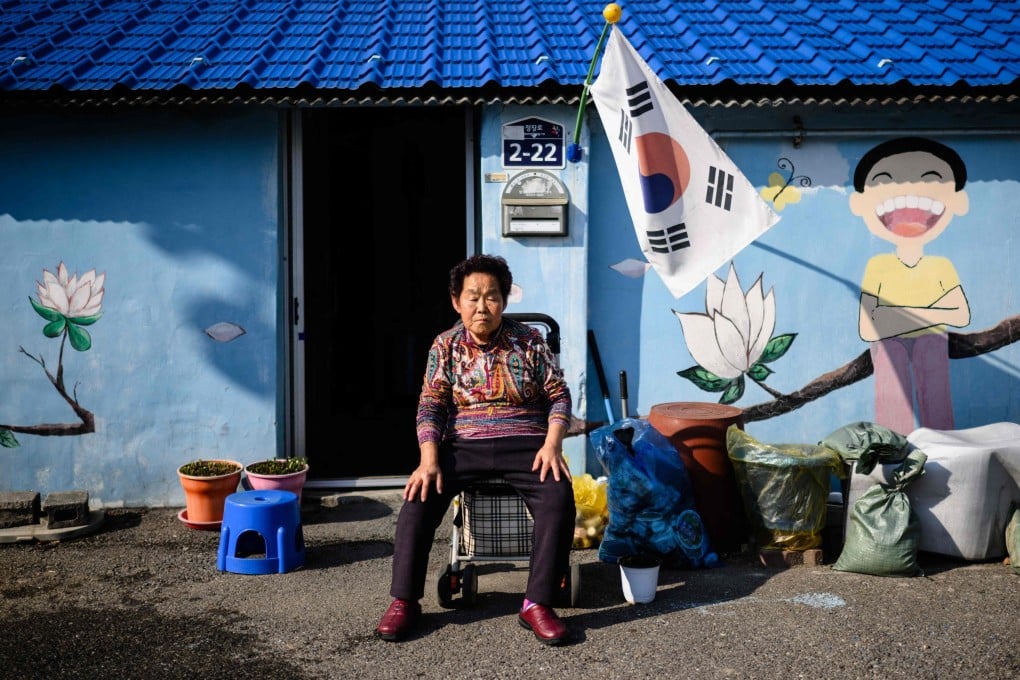South Korea now ‘super-aged’ society as 20% of population over 65, faces demographic challenges
The milestone, driven by a declining birth rate, highlights the country’s rapidly ageing population and the need for policy changes to address the demographic challenges

South Korea has become a “super-aged” society, a concept defined by the United Nations, as the proportion of citizens aged 65 or older accounts for 20 per cent of its population, according to the Ministry of the Interior and Safety on Tuesday.
The number of South Koreans in that age group reached 10,244,550 on Monday, accounting for 20 per cent of the nation’s total population of 51,221,286.
The United Nations classifies countries where more than 7 per cent of the population is 65 or over as an ageing society, those with more than 14 per cent as an aged society and those with more than 20 per cent as super-aged.
Since the late 1980s, the proportion of the older adult group has rapidly increased amid the country’s declining birth rate. In 1990, the figure stood at 5.1 per cent; then, it took only 20 years to reach 11 per cent before hitting 20 per cent 15 years later.
If the trend continues, it is projected to reach 25.3 per cent in 2030 and 40.1 per cent in 2050, according to Statistics Korea.

According to ministry data, the number of older women stood at 5.69 million, compared with 4.54 million men.
